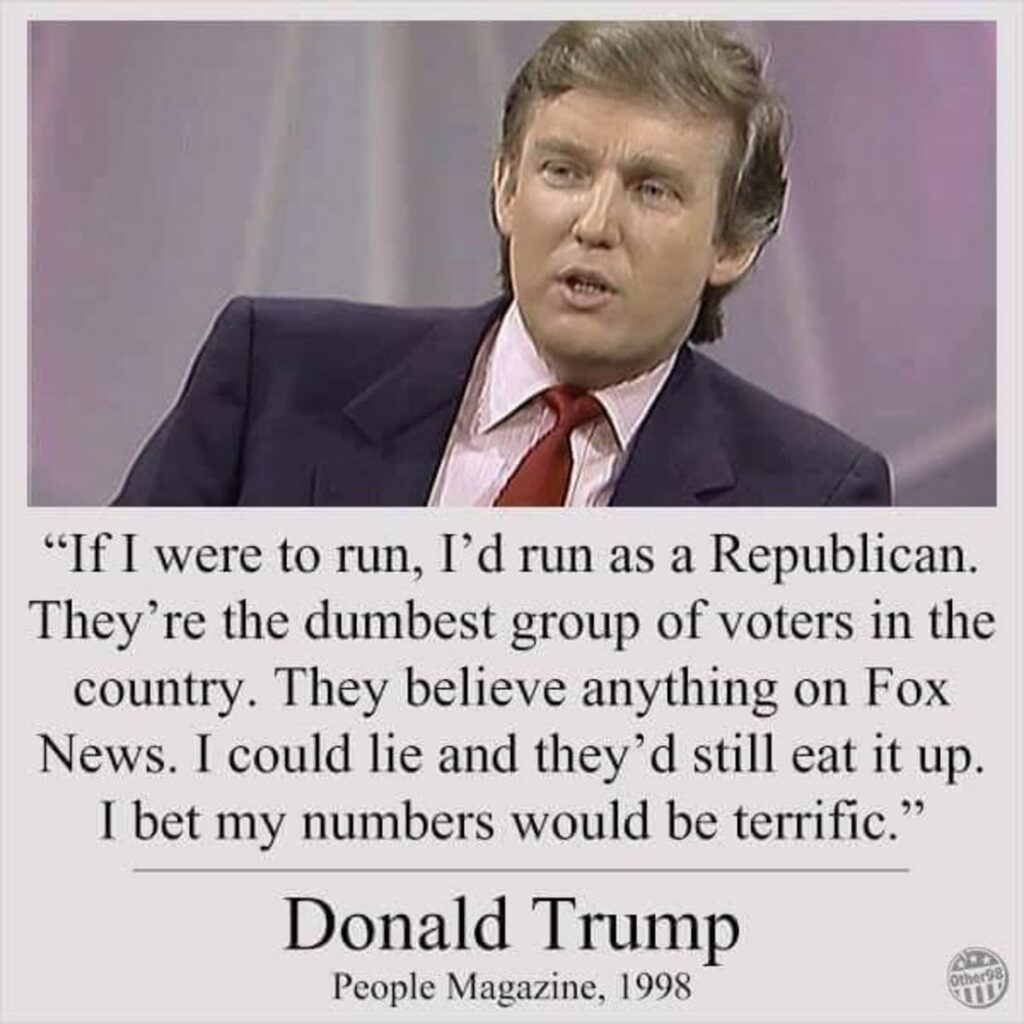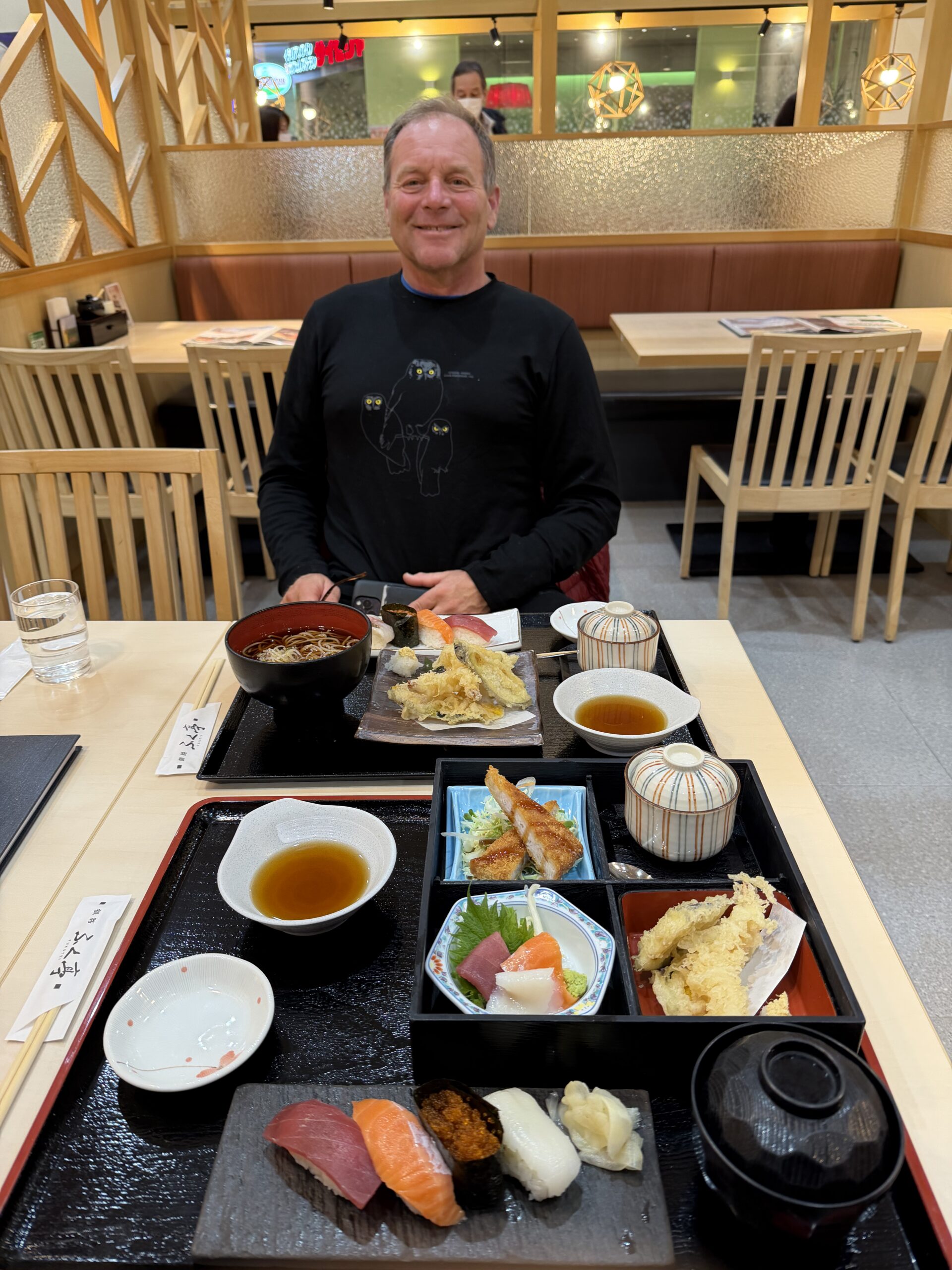Mountains & mirrors – symbols of truth
How important is truth?
The answer may be, depends who you are.
This week, the importance of truth was high in my mind in relation to the US elections. Donald Trump has little interest in truth. To me, this is like saying Donald Trump isn’t a person worth listening to. However, to many, Trump’s disinterest in truth is as more a positive than a negative.
Truth was also on my mind from a meeting regarding the Gibbston Village development and the Fast Track Bill. Three of us met with the intended developers of the village; the meeting was confrontational from the outset. The lead developer ordered us to stand around their scale model and spoke over me when I asked if we could sit down so I could take notes. My response to the confrontation and ongoing intimidation in the interchanges was to hold my ground. At the end of the meeting, one of the other community representatives said to me, “You got the lead man upset. I would have fired you if you were in my business, but thank you for what you did in the meeting.”
He also said, “You have no filters in what you say. I can’t do that.” I replied, “I have filters, just different filters to yours. My filters are that I don’t criticise individuals and I won’t say things I don’t believe to be true.” The representative I was talking with has been up front in that he doesn’t think it is always necessary to tell the truth – his filters including not upsetting people but do not include truth.
Why do I care so much about truth? (One could also ask, why do I not care so much about upsetting people, but that’s for another conversation).
Perhaps I care about truth, more importantly, the pursuit of truth, because I’m a scientist? Science is, at heart, pursuit of truth. I certainly don’t believe there are many, if any, ultimate truths – it’s all about the pursuit of a logical map of intertwined information. Perhaps I’m also concerned about the corollary – if we aren’t pursuing truth, what are we pursuing?
Here’s an example of untruth, related to my AI blogs. This week a deep fake involving Sir Jim Mann, an eminent endocrinlogist (and a very nice man who I have worked with). In the fake, Sir Jim is apparently telling diabetics to stop taking Metformin and use a ‘natural’ product instead. If the natural product doesn’t work, the untruth told in the deep fake could harm the health of diabetics. Surely we need to know if medicines really work? If food stuffs contain food or poison? If the thing lurking round the corner is a sabre tooth tiger or Elvis the tabby from next door?
However, returning to Trump,he states inaccuracies abundantly and without concern (here’s one list of recent lies from Trump) and says, “As long as you keep repeating something, it doesn’t matter what you say.” Unfortunately, this is likely true – the more times people hear something, the more likely they are to believe it.
What’s really fascinating is that Trump’s lying doesn’t appear to matter much to many people. After all, he has been voted back in as President of the United States. One could say I’m an outlier in advocating for truth – a majority of people voting in the USA (around 72 million)don’t think truth is an important parameter for choosing a president. I mean, why not vote for someone who claims immigrants are eating people’s pets without evidence?
Of course, it could be the media are incorrectly reporting what Trump has said. The media have been known to publish untruths and incorrect information. Or, it could be the information we see in the media is not really ‘reports’. It’s actually large language model generated text of the most likely next word regarding Trump (such as Google AI summaries) so the ‘reports’ are not pieces of text with any relationship to ‘truth’.
The rug has disappeared from beneath our feet and we are hovering over an abyss within which we have no reference points. The loudest speaker with the most exciting story will be the winner. Our trajectory and the winner’s fabrications will be intertwined.
I’m getting vertigo.

Discover more from Jane Shearer
Subscribe to get the latest posts sent to your email.




